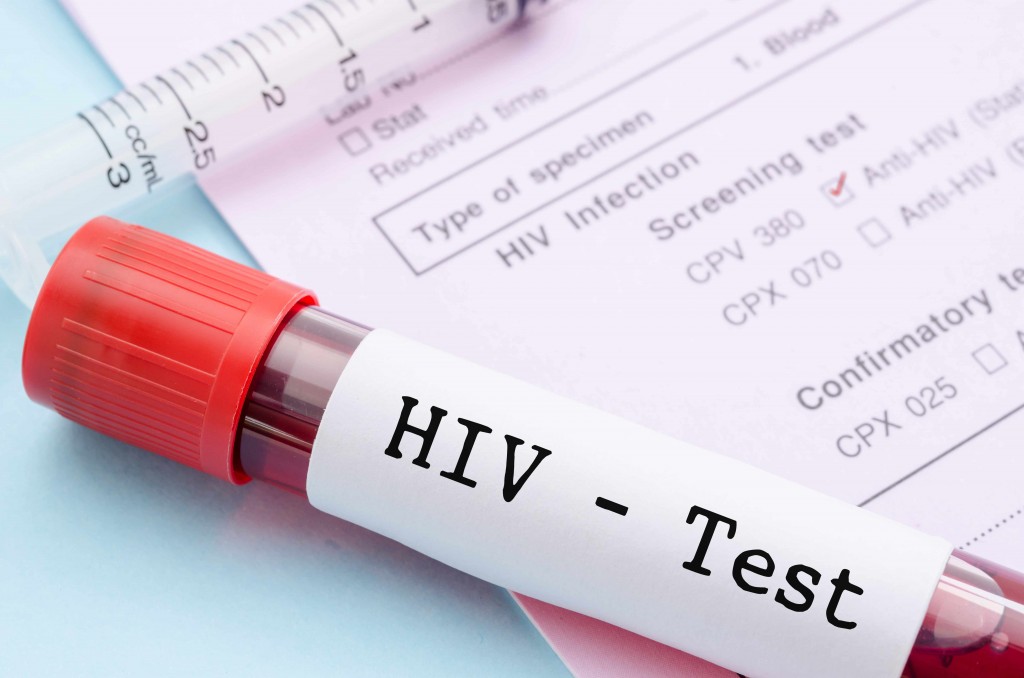-
Health & Wellness
HIV: The Human Immunodeficiency Virus Explained
More than 36 million people worldwide are living with HIV, the human immunodeficiency virus that causes AIDS or acquired immunodeficiency syndrome. In the United States alone, more than 1.3 million Americans carry the virus — that's according to the Centers for Disease Control and Prevention. While there is no universal cure for HIV, there are better medical treatments available allowing more people to live longer and with a better quality of life.
Mayo Clinic HIV specialist Stacey Rizza, M.D., says, "It is important that all adults in the United States be screened for HIV, so that those infected can be identified, linked to care and treated for HIV early in the disease. With effective HIV therapy, people can live long healthy lives and significantly decrease the chance of transmitting the virus to other people."
What is HIV?
HIV is a sexually transmitted infection. It can also be spread by contact with infected blood or from mother to child during pregnancy, childbirth or breast-feeding. Without medication, it may take years before HIV weakens your immune system to the point that you have AIDS. Having an HIV infection does not mean you have AIDS. Left untreated, the disease typically progresses to AIDS in about 10 years.
Symptoms of Acute HIV
- Fever
- Headache
- Muscle aches and joint pain
- Rash
- Sore throat
- Swollen lymph glands, mainly on the neck
There are a variety of drugs that can be used in combination to control the virus. Each class of anti-HIV drugs blocks the virus in different ways. It's best to combine at least three drugs from two classes to avoid creating strains of HIV that are immune to single drugs. HIV treatment regimens may involve taking multiple pills at specific times every day for the rest of your life. HIV treatment should reduce your viral load to the point that it's undetectable. That doesn't mean your HIV is gone. It just means that the test isn't sensitive enough to detect it. You can still transmit HIV to others when your viral load is undetectable.
Care and Research
Along with offering patient care, Mayo Clinic physicians are active in HIV research and have ongoing HIV clinical trials open for those interested in participating in the studies. The Mayo HIV Clinic and research laboratories will be offering patients the opportunity to enroll in HIV cure protocols within the next year.
Related Articles








